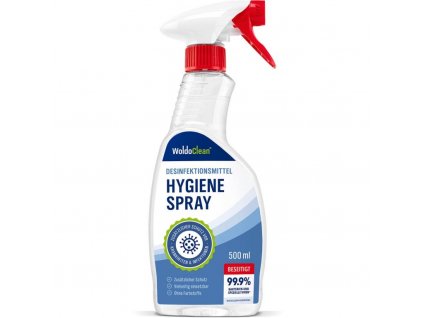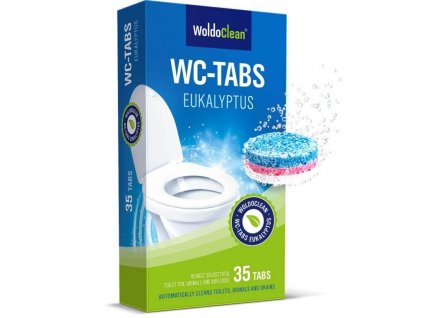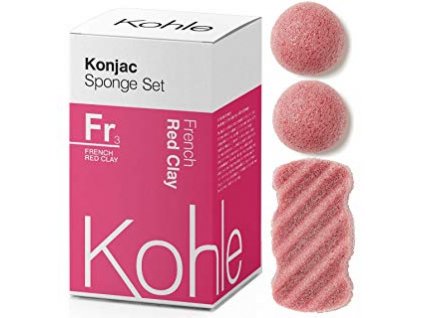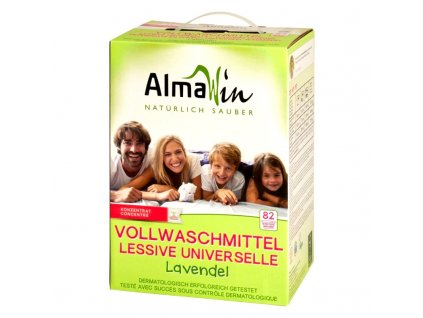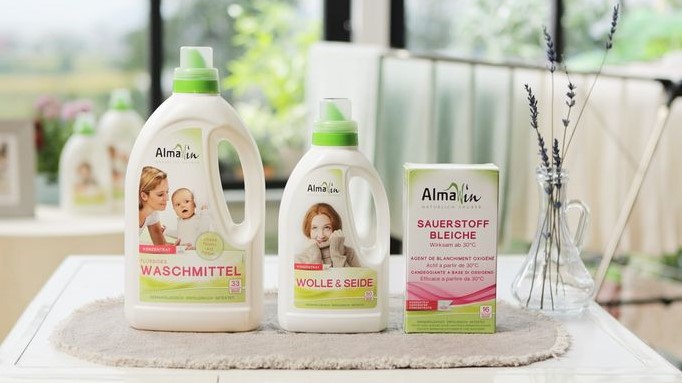Percarbonate activator - TAED přírodní bělící přípravek pro praní i úklid - 3 kg, 5 kg

Unikátní produkty
Dovážíme originální zahraniční výrobky, které lokální trh postrádá

Balíme rychle a ekologicky
Odesíláme do 24-48 hodin, vše v recyklovaných materiálech

Záruka kvality
Značky vybíráme srdcem a řídíme se heslem – raději méně, ale kvalitně

Doprava zdarma
Utraťte min. 4000 Kč a neplaťte poštovné do Balíkovny
Related products
Product detailed description
What is TAED?
Tetraacetylethylenediamine, abbreviated TAED (CAS 10543-57-4) from Czech producer Qualt Rakovník, is an organic compound that is widely used as a bleach activator in detergents. It has an active role in the cleaning process, allowing safe and effective results at lower temperatures.
TAED is an important ingredient in detergents as an alternative to "active oxygen" bleaching agents, from sodium perborate to carbamide peroxide. While typical "active oxygen" agents work by releasing hydrogen peroxide during the wash cycle, this effect is only possible at temperatures below 60 °C (140 °F).
In contrast, TAED and its ability to form peroxyacetic acid allows for effective cleaning and bleaching results at lower wash cycle temperatures.
Powdered TAED can be easily stabilized by granulation with the support of sodium carboxymethylcellulose (Na-CMC). Despite the relatively low solubility of TAED in cold water, the granules dissolve effectively in the washing solution within a few minutes. Once the washing process is started, it dissolves easily and quickly in its entirety.
Currently, TAED is the main bleach activator used in European detergents, with significant annual consumption. Typical TAED concentrations in different products range from 1.4% to 13%.
Is TAED non-toxic and biodegradable?
TAED is essentially non-toxic and readily biodegradable. Triacetyl ethylenediamine and its by-product DAED have low aquatic ecotoxicity and very low toxicity for all routes of exposure. TAED, TriAED and DAED are fully biodegradable and are effectively removed in wastewater treatment.
TAED is also not teratogenic or mutagenic. Its properties as a detergent ingredient help in reducing energy consumption, which in turn minimizes the environmental impact of the process.
TAED has no irritating effects on the skin and eyes. It also does not cause any signs of skin sensitisation due to prolonged exposure, for example during hand washing.
Use in the home
The majority of TAED consumption in households is for use as a bleaching activator in laundry detergents. It is a highly effective product that can whiten a wide range of tough stains, from tea and coffee to wine and food.
It also contributes significantly to the overall whiteness of the laundry. As a detergent ingredient, TAED is also active in removing unpleasant odours thanks to its antimicrobial efficacy, while remaining gentle on fibres.
Thanks to the TAED listed in the formula, stains such as coffee, tea, coffee and fruit juices can be effectively removed at a water temperature as low as 15 °C.
Use in industry
Tetraacetylethylenediamine (TAED) is commonly used in the household cleaning products industry as a peroxide bleach activator. TAED is an important ingredient in detergents and bleaches, where it is used as an alternative active agent instead of sodium perborate, sodium percarbonate, sodium perphosphate or sodium persulfate.
Other applications of TAED include paper pulp production (paper bleaching). It can be found in preparations for automatic dishwashers, as an active ingredient in common disinfectants and as a sterilising agent in various detergents and solutions for medical use.
Tetraacetylethylenediamine reacts with hydrogen peroxide to form peracetic acid, which is a strong bleaching agent and a biocide that does not harm paints. The resulting compound has strong bactericidal, virucidal and fungicidal properties, allowing TAED to disinfect and deodorize.
It is also used as a surfactant in soap bars, light detergents and dishwashing detergents, and as a bleaching agent for cottonseed. CDEA can be added to lauryl sulfate-based liquid cleaners to help stabilize and improve foam formation.
Diethanolamine condensate from coconut oil is a corrosion inhibitor in aqueous, semi-synthetic and synthetic metalworking fluids and is also found in polishing agents. As an antistatic agent, it is found in plastics, for example in polyethylene films for food packaging and in rigid polyvinyl chloride. In combination with metal salts, it acts as an antistatic agent for polystyrene and in impact-resistant rubber and polystyrene compounds.
Other uses include electroplating, shoe polish, printing ink and more.
It is also used as a surfactant in soap bars, light detergents and dishwashing detergents, as well as a de-inking agent for cottonseed. CDEA can be added to lauryl sulfate-based liquid cleaners to help stabilize and improve foam formation.
Diethanolamine condensate from coconut oil is a corrosion inhibitor in aqueous, semi-synthetic and synthetic metalworking fluids and is also found in polishing agents. As an antistatic agent, it is found in plastics, for example in polyethylene films for food packaging and in rigid polyvinyl chloride. In combination with metal salts, it acts as an antistatic agent for polystyrene and in impact-resistant rubber and polystyrene compounds.
Other uses include electroplating, shoe polish, printing ink and more.
Dosage
The recommended dosage is 3-5% TAED to sodium percarbonate. I.e. 30 g - 50 g per kilogram of sodium percarbonate. TAED releases peroxide from percarbonate at low temperature.
Production
The two stages of TAED production include ethylenediamine (ED) and acetic anhydride (Ac2O). In the first stage, ethylenediamine (ED) is diacetylated to DAED. In the second step, DAED is subsequently converted with acetic anhydride (Ac2O) by TriAED to form TAED. The final compound is crystallized from the reaction mixture and then filtered, washed and dried. If necessary, it can also be granulated. The production process leaves no by-products or residues.
The 1:2 mixture produces a lower quality coconut diethanolamide which contains residues of free diethanolamine and ethylene glycol. The higher quality 1:1 blend results in less free amine, making it suitable for use in lower concentrations than Coconut Diethanolamide 1:2.
The fatty acids that can be used in the process are coconut oil, methyl coconate, whole or stripped coconut acid.
The 1:2 mixture produces a lower quality coconut diethanolamide that contains residues of free diethanolamine and ethylene glycol. The higher quality 1:1 mixture results in less free amine, making it suitable for use in lower concentrations than coconut diethanolamide 1:2.
The fatty acids that can be used in the process are coconut oil, methyl coconate, whole or stripped coconut acid.
Solubility
Soluble in methylene chloride and chloroform, partially soluble in water and acetone.
Stability/durability
Stable.
Store in a cool, dry and dark place.
Under proper storage conditions, the shelf life of tetraacetylethylenediamine (TAED) is two years.
Additional parameters
| Category: | Detergents |
|---|---|
| Size: | 200 g, 500 g |
| Specs: | Vegan, Cruelty Free, Bez obsahu těžkých kovů, Detergent |
| Výrobce: | Qalt, Rakovník s.r.o., Zavídov 72, 27035, Petrovice |
| Země původu: | Česká Republika |
| Vhodné pro: | Citlivá pokožka |
Be the first who will post an article to this item!
Be the first who will post an article to this item!
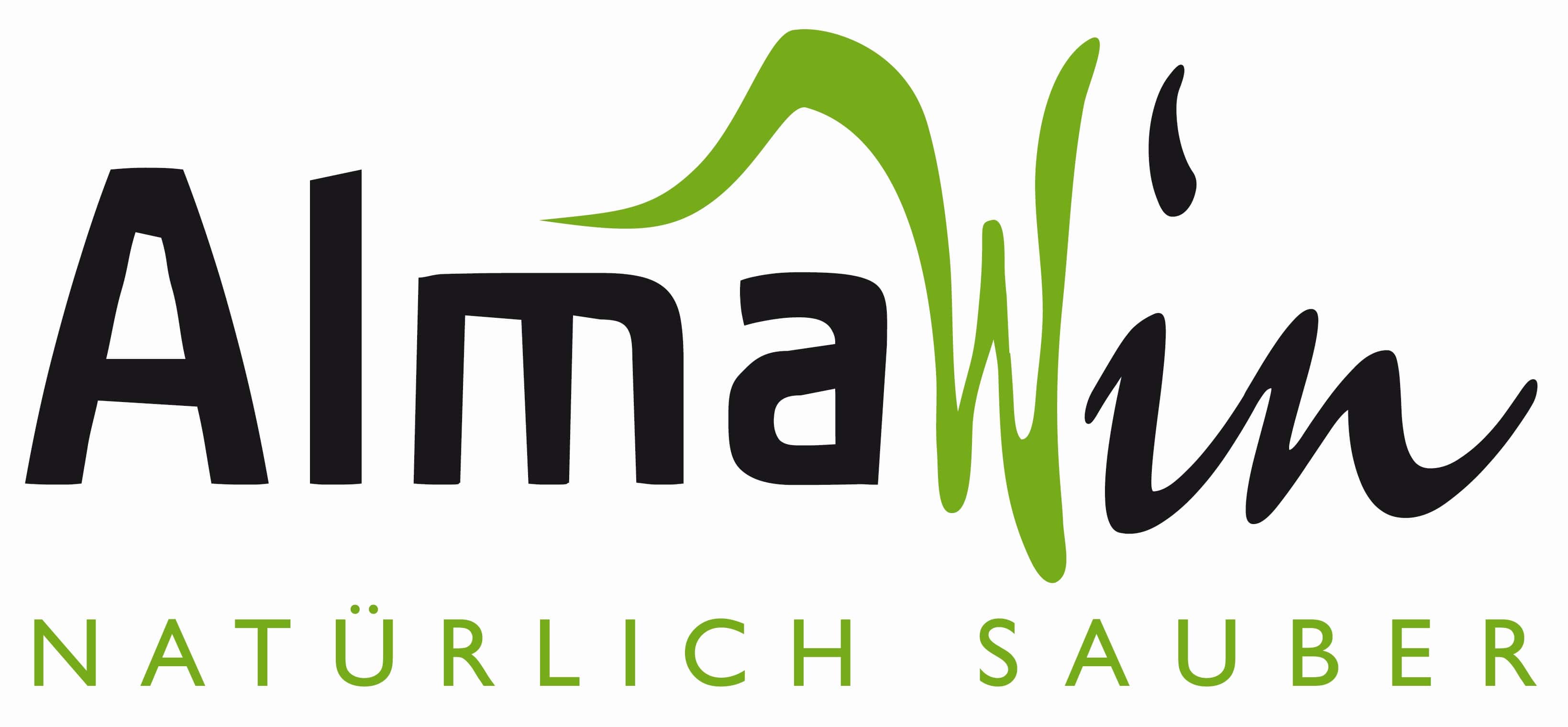
Značka Almawin garantuje maximální přírodnost, jednoduchost, účinnost a neustále sleduje vývoj nových ingrediencí a zlepšuje složení.
Cílem je, aby přírodní drogerii mohl používat každý a nemusel se trápit nad špatným výsledkem přičemž motivací pro vznik výrobků Almawin byl růst alergických onemocnění a zvyšující se znečištěni životního prostředí.
Výrobky jsou pro své nedráždivé složení navíc vhodné i pro osoby s citlivou pokožkou.
- Všechny použité suroviny jsou rostlinného původu - certified vegan, pokud možno s bio certifikací.
- Výrobky jsou vysoce koncentrované, a proto balení vydrží déle a je účinnější.
- Neobsahují suroviny z ropy, fosfáty, barviva či optická bělidla a jsou 100% biologicky rozložitelné.
Cíl značky Almawin
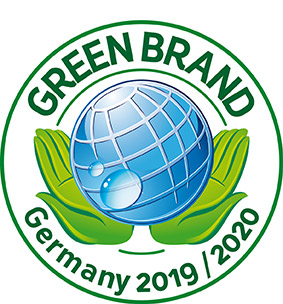 Hlavním cílem značky AlmaWin je přinášet dokonale ekologické prací a čisticí produkty, které budou v souladu z přírodou. Samozřejmostí je netestování produktů na zvířatech. Výrobky obsahují pouze šetrné čisticí ingredience, jsou tak vhodné i pro citlivou a alergickou pokožku, na kterou nepůsobí dráždivě.
Hlavním cílem značky AlmaWin je přinášet dokonale ekologické prací a čisticí produkty, které budou v souladu z přírodou. Samozřejmostí je netestování produktů na zvířatech. Výrobky obsahují pouze šetrné čisticí ingredience, jsou tak vhodné i pro citlivou a alergickou pokožku, na kterou nepůsobí dráždivě.
Hlavní motivací pro vznik značky a vývoj produktů byl vzrůstající počet alergických onemocnění v populaci a zvyšující se vliv životního prostředí.
Výrobky AlmaWin by ovšem měly být nejen maximálně ekologické a přírodní, ale také účinné.
Složení výrobků Almawin
Odborníci z firmy AlmaWin neustále sledují vývoj nových složek a zlepšují složení výrobků. Snaží se o maximální dermatologickou snášenlivost, ekologičnost a jemnost čisticích prostředků. Zároveň ale nerezignují na rychlý a efektivní účinek, proto se také na výrobky AlmaWin můžete kdykoliv 100% spolehnout. Suroviny použité při výrobě 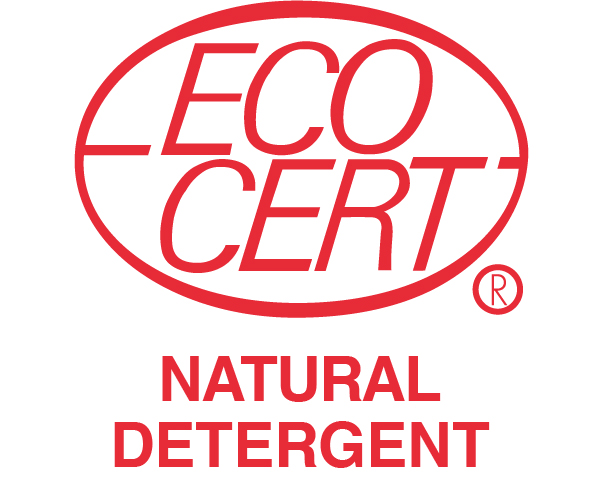 pocházejí pouze z přírodních zdrojů šetrných k přírodě a jsou plně biologicky odbouratelné.
pocházejí pouze z přírodních zdrojů šetrných k přírodě a jsou plně biologicky odbouratelné.
Při použití naplňují požadavky spotřebitelů na funkčnost, ochranu pokožky, zdraví a životního prostředí, navíc si zachovávají maximální ohleduplnost k přírodě. Suroviny využívané k výrobě jsou čistě přírodního původu, často s bio certifikací, a neobsahují rozjasňovače, deriváty ropy, fosfáty, chloriny, barviva ani geneticky modifikované enzymy.
AlmaWin využívá pouze přírodní konzervanty a výrobky jsou certifikovány certifikací EcoCert.
Kategorie výrobků Almawin
Výrobky AlmaWin zahrnují čtyři oblasti produktů pro ekologické drogerie: produkty pro praní prádla, čističe pro domácnost, prostředky pro mytí nádobí v myčce a výrobky z mýdlových ořechů. Jsou dostupné pro všechny a poskytují maximální účinky.
Cílem je, aby přírodní drogerii mohl používat každý a nemusel se trápit nad špatným výsledkem praní či čištění.

